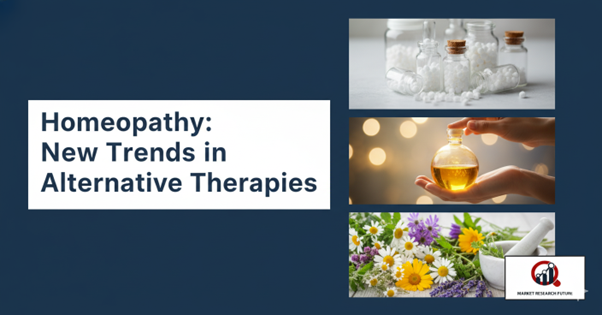Homeopathy - The Rise of New Treatment Solutions

A Look at the Homeopathy Business
Homeopathy, a type of alternative medicine, is still getting a lot of attention because people are looking for gentle ways to treat illnesses that don't last long and flu-like symptoms. As more people become interested in natural remedies and are less dependent on traditional drugs, its popularity has grown. Homeopathy is still a big part of healthcare in many countries, even though there is still debate about how well it works scientifically.
Where it came from and why it's important in history
Samuel Hahnemann started homeopathy in the late 1700s. He came up with the idea of using very weak substances to treat illnesses in order to get the body to heal itself. His work, like the important Organon of the Medical Art, had an impact on alternative medicine and medical practices all over Europe. By the middle of the 1800s, many doctors in Germany, France, and the UK were using homeopathic remedies.
Uses Today
Homeopathy now includes remedies like Arnica montana and Cinchona succa, which can be used to treat everything from minor injuries to the flu. The fact that it has few side effects, is affordable, and focuses on individualized care makes it appealing. Some national health systems include homeopathic treatments, and more and more patients are interested in them as a way to complement other therapies.
Problems with Research and Disagreements
Homeopathy is still a topic of debate, even though many people use it. Critics say there isn't enough good evidence to show that it works, while supporters point out that it's safe and cheap. Scientific research encounters obstacles such as disparate treatment methodologies, the utilization of extensively diluted substances, and regulatory constraints on specific ingredients. These factors make it hard to do standardized studies, which puts homeopathy in a unique place between traditional medicine and alternative therapy.
In conclusion
Homeopathy is making a comeback in 2025 as more people look for natural and holistic ways to stay healthy. Homeopathic remedies are an option for people who want gentle, personalized care, even though there is still debate about how well they work. Homeopathy is becoming more popular as a complementary treatment alongside traditional medicine as new ideas and more people learn about it.

Leave a Comment